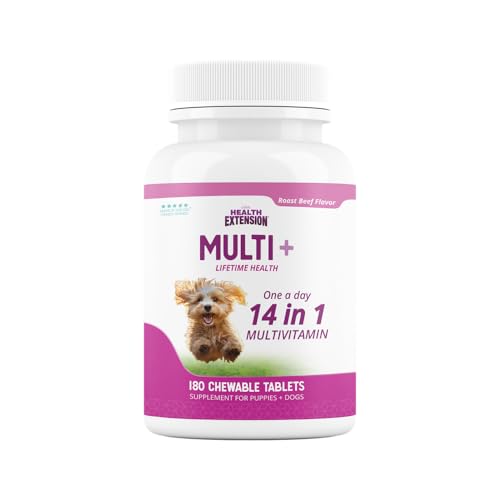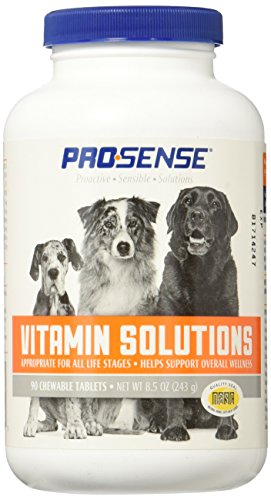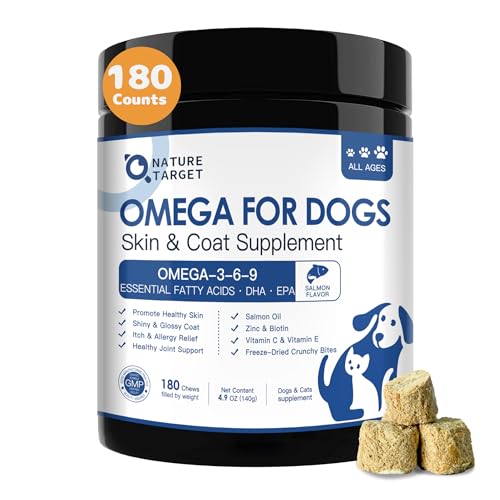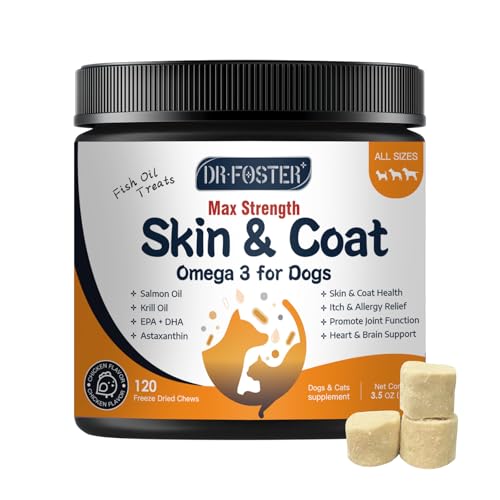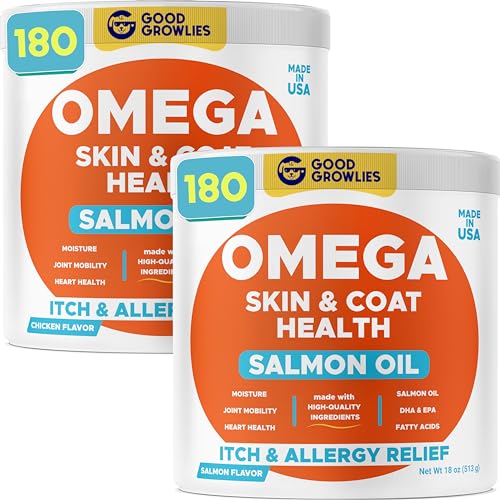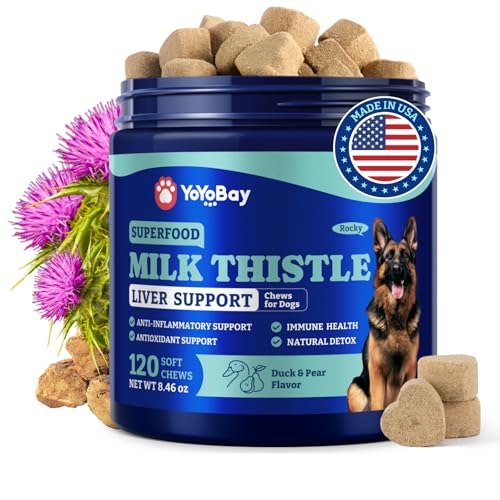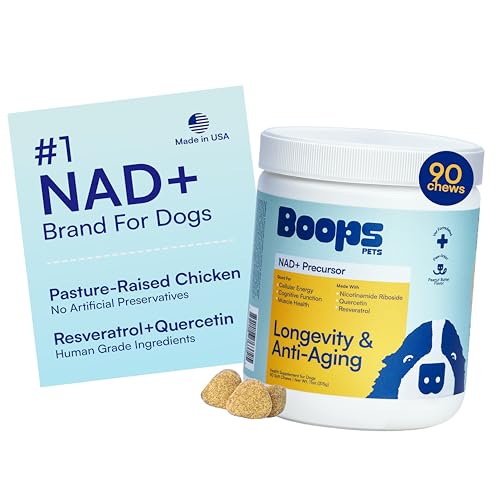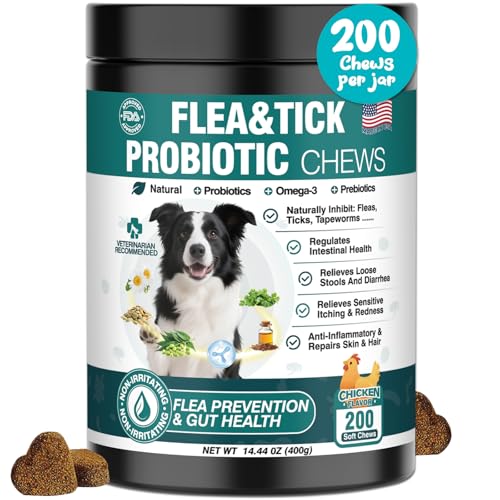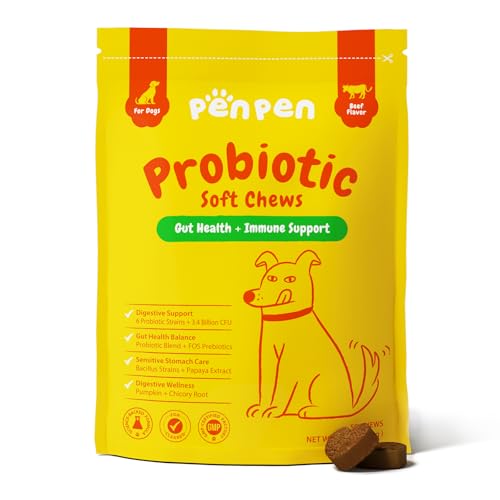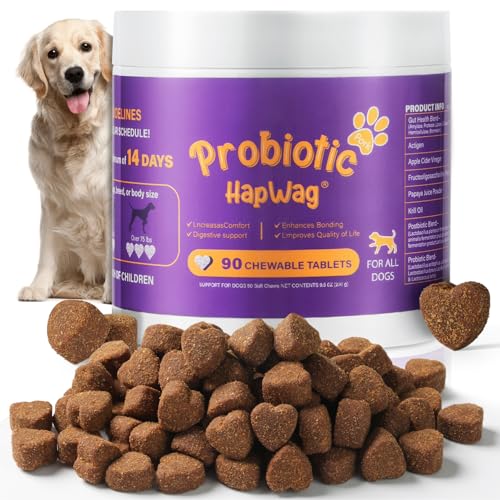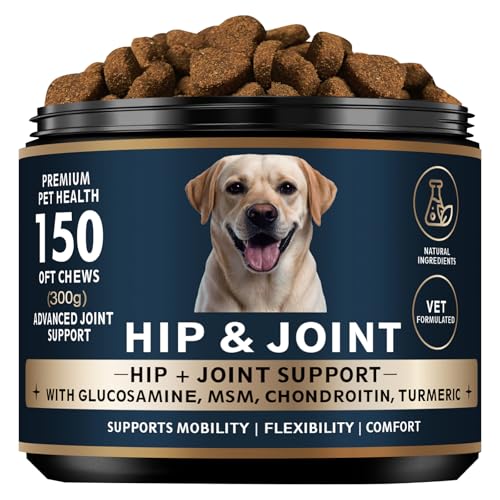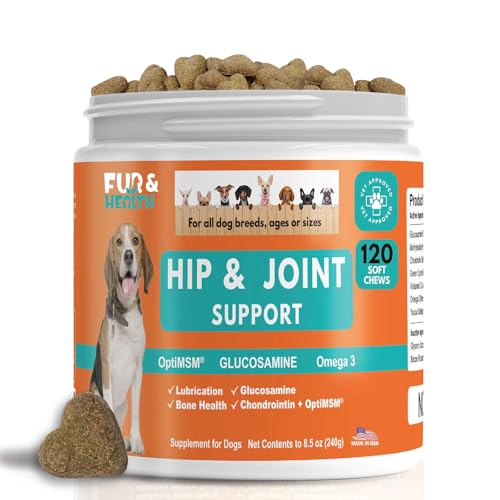
Understanding the Need for Supplements
Dog supplements have gained significant attention in recent years, as pet owners become increasingly aware of the importance of maintaining their furry friends’ health. Various factors may necessitate the inclusion of supplements in a dog’s diet, addressing specific needs that might not be met through regular food alone. One of the primary reasons for supplementation is dietary deficiencies. Even well balanced dog foods can occasionally fall short in providing all necessary nutrients, particularly if they are low in specific vitamins or minerals. Supplements can help fill these gaps, ensuring your pet receives a comprehensive array of nutrients essential for their health.
Age is another critical factor influencing the need for dog supplements. As dogs age, their bodies undergo various changes, including slower metabolism, reduced energy levels, and a heightened risk of certain health conditions. Senior dogs may benefit significantly from joint supplements, omega fatty acids, and probiotics that support digestive health and enhance overall vitality. By supplementing an older dog’s diet, owners can help manage age-related health challenges more effectively.
Moreover, specific health conditions can necessitate the use of tailored supplements. For instance, dogs with allergies may require additional antioxidants to support their immune system, while those suffering from arthritis may benefit from glucosamine and chondroitin to maintain joint flexibility and comfort. Thus, identifying underlying health issues with a veterinarian’s assistance is essential to determine the appropriate supplements for individual needs.
Incorporating dog supplements into your pet’s routine can not only address nutritional deficiencies but also enhance their overall well-being and quality of life. By understanding the various factors that contribute to the need for these products, pet owners can make informed decisions that promote their dogs’ health and longevity.
Types of Dog Supplements
Dog supplements are an essential part of maintaining your pet’s health, addressing various nutritional gaps, and enhancing their overall well being. Depending on your dog’s specific needs, several categories of supplements are available on the market, each serving distinct purposes. Understanding these types can guide pet owners in selecting the appropriate supplements for their furry companions.
Vitamins and minerals play a crucial role in a dog’s overall health. These include essential nutrients such as Vitamin A, B vitamins, Vitamin C, calcium, and phosphorus. Dogs may require additional vitamins and minerals when their diet lacks certain nutrients or during specific life stages, such as puppies, lactating females, or older dogs. These supplements support immune function, energy metabolism, and developmental growth.
Fatty acids, particularly omega-3 and omega-6, are vital for maintaining healthy skin and coat, as well as promoting cardiovascular and joint health. Pets that experience dry skin, itching, or allergies may benefit significantly from fatty acid supplements, which can enhance skin hydration and reduce inflammation.
Antioxidants: combat oxidative stress and help in reducing inflammation. Common antioxidants include vitamins E and C, as well as selenium, and are particularly beneficial for aging dogs or those with chronic health conditions. Antioxidant supplements assist in protecting against cellular damage and support the immune system.
Probiotics are also a noteworthy type of dog supplement that aids in digestive health. These beneficial bacteria help maintain gut flora balance, promote digestion, and enhance nutrient absorption. Dogs experiencing digestive issues, such as diarrhea or constipation, may find relief through probiotic supplementation.
Joint support formulas often contain glucosamine, chondroitin, and MSM, and are designed to maintain healthy cartilage and joint function, particularly in aging dogs or active breeds prone to joint issues. These supplements may improve mobility and reduce discomfort associated with arthritis and other joint conditions.
How to Choose the Right Supplements
Choosing the appropriate supplements for your dog is a crucial step in supporting their overall health and well-being. With a multitude of options available on the market, pet owners must exercise caution and diligence in their selection process. One of the first steps is to familiarize yourself with label reading. Pay attention to the product’s name, as it should provide clear indications of its primary benefits. It is also essential to examine the ingredient list carefully. Dog supplements that contain high quality, natural ingredients are typically preferable to those laden with artificial additives and fillers.
When reviewing the ingredient list, look for well known and scientifically backed components. For instance, glucosamine and chondroitin are popular supplements for joint health, while omega-3 fatty acids may provide essential support for skin and coat health. Furthermore, pet owners should be aware of any allergens that their dog may have, as some ingredients may trigger adverse reactions. Understanding these nuances will enhance your ability to choose the most suitable supplements.
Another critical factor to consider when selecting dog supplements is the brand’s reputation. Reputable brands often undergo third-party testing to ensure product quality and safety. Pet owners are encouraged to seek out companies that provide transparent information about their sourcing and processing. Reviews and testimonials from fellow pet owners can also serve as valuable resources in determining the reliability of a supplement brand.
Finally, consulting with a veterinarian is paramount before integrating any new supplements into your dog’s regimen. A veterinarian can help assess your dog’s specific health needs and guide you towards beneficial supplements tailored to their individual circumstances. This professional insight not only prioritizes safety but also enhances the effectiveness of the chosen products, ensuring a tailored approach to your dog’s health and vitality.
Administering Supplements to Your Dog
Administering supplements to your dog is an essential aspect of ensuring their optimal health and well being. There are various forms of supplements available, including chews, powders, and liquids. Each form has its advantages, and selecting the right option depends on your dog’s preferences and needs. Chewable supplements can be particularly effective, as many dogs find them tasty and enjoyable, resembling treats. Powders can be easily mixed into your dog’s food, while liquid supplements may be better for dogs that are picky eaters.
When introducing supplements into your dog’s daily routine, it is critical to follow the recommended dosage provided by your veterinarian or as indicated on the product label. Proper dosage is vital to avoid potential side effects that may occur from over supplementation. Common side effects can include gastrointestinal discomfort or allergic reactions, which can occur if the supplement is not compatible with your dog’s specific health profile. Therefore, it is essential to monitor your dog’s response closely after starting any new supplement.
Incorporating these supplements into your dog’s routine can be done in a manner that is both enjoyable and stress-free. For instance, you might want to consider creating a specific time each day for your dog’s supplement intake, perhaps during meals or as part of their play routine. Additionally, rewarding your dog with praise or a small treat after they take their supplement can reinforce positive behavior and make the experience more pleasant.
It is also advisable to consult with your veterinarian regularly to assess the effectiveness of the supplements and make any necessary adjustments. This collaboration will ensure that your dog receives the best possible care and optimize their health through the appropriate use of dietary supplements.


